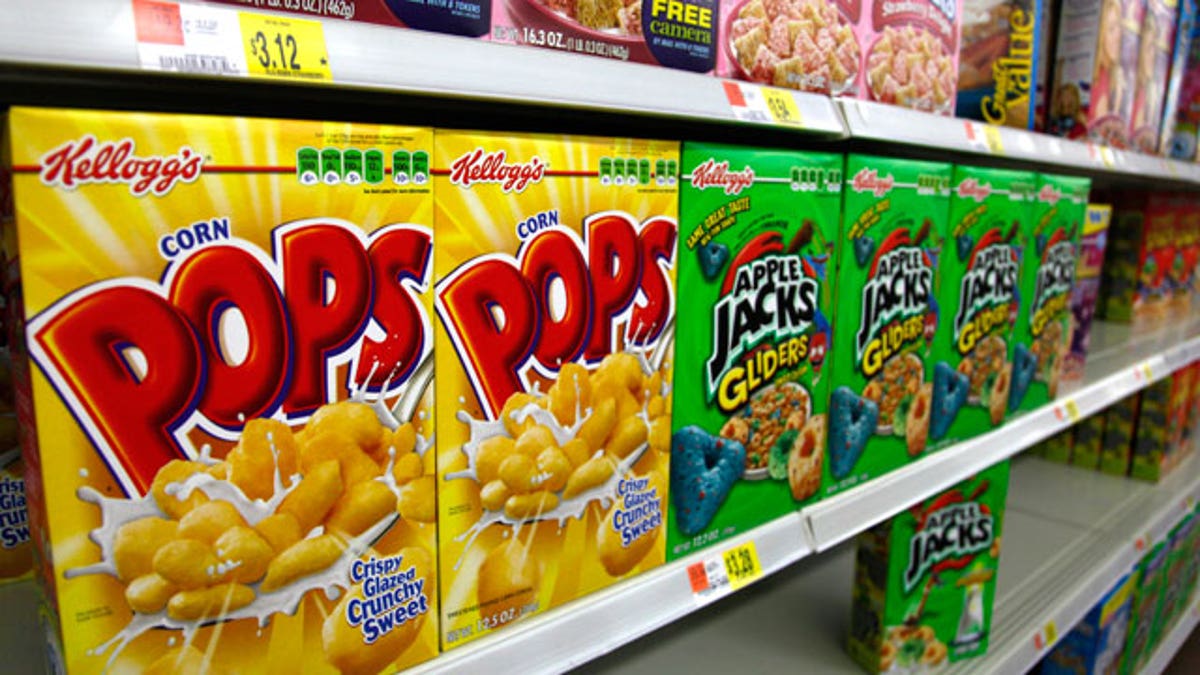
The industry guidelines for children's cereals, for example, would allow them to be advertised if they have around 10 grams of sugar a serving, while the formula used by the government would discourage advertising for cereals that have 8 grams of sugars in an equivalent serving. (Reuters)
Some recycled cardboard cereal boxes sold in Europe have been found to contain dangerous levels of mineral oils — types of petroleum hydrocarbons. The oils, which may be carcinogenic, are even leaching through the plastic bags inside the boxes and onto the cereal.
A few of the brands implicated in the new study, which was conducted by toxicologists in Switzerland, also sell in the United States. This raises an urgent question: Could cereal boxes give you or your children cancer?
The mineral oils probably trace back to ink in the newspaper used to make the recycled cardboard. A cereal brand called Jordan's has decided to stop boxing its goods in recycled cardboard altogether, and Kellogg's and Weetabix are both considering switching to environmentally friendly options that don't pose the health risk.
If you buy your cereal stateside, though, you're probably in the clear, and shouldn't steer away from brands that use recycled cardboard packaging. Deborah White, executive director of the Recycled Paperboard Technical Association, a non-profit organization that works to improve the quality and standards of the recycled paperboard industry, said mineral oils are not a problem in recycled cardboard packaging in the United States.
"There is a real difference in that, in the U.S., the Food and Drug Administration sets certain standards for mineral oils, and our recycling industry has a very rigorous program for making sure food packaging materials meet those standards," White told Life's Little Mysteries. "The European Union hasn't yet established a safety level for these substances. The members of the Confederation of European Paper Industries are definitely looking into it and considering what to do."
Certain mineral oils are permitted by the FDA for use in food packaging, White explained; they don't all pose health risks. But dangerous hydrocarbons are not allowed to make their way into recycled materials sold in the United States. According to White, "dangerous mineral oils have never been found in U.S. recycled cardboard."
White encourages consumers to continue using recycled cardboard. "It is an important part of our sustainability solution," she said, "and I certainly don't want people to get sidetracked from the clear benefits of recycling by this study."
According to a March 7 report commissioned by the American Forest and Products Association, 74 percent of U.S. communities accept paperboard in their recycling systems. Paper and cardboard recycling is flourishing here, and need not be dampened by research conducted elsewhere.
This article was provided by Life's Little Mysteries, a sister site to LiveScience. Follow Natalie Wolchover on Twitter @nattyover
* Anger with Beloved Brands Causes Consumers to Seek Revenge
* Are Lead-Tainted Reusable Shopping Bags Actually Dangerous?








































